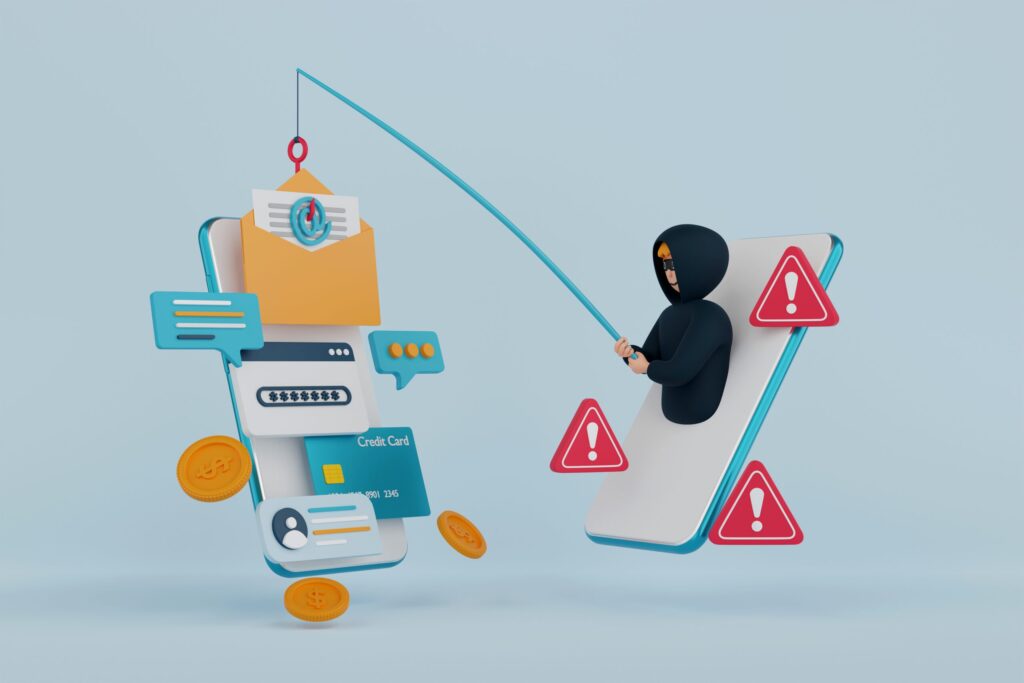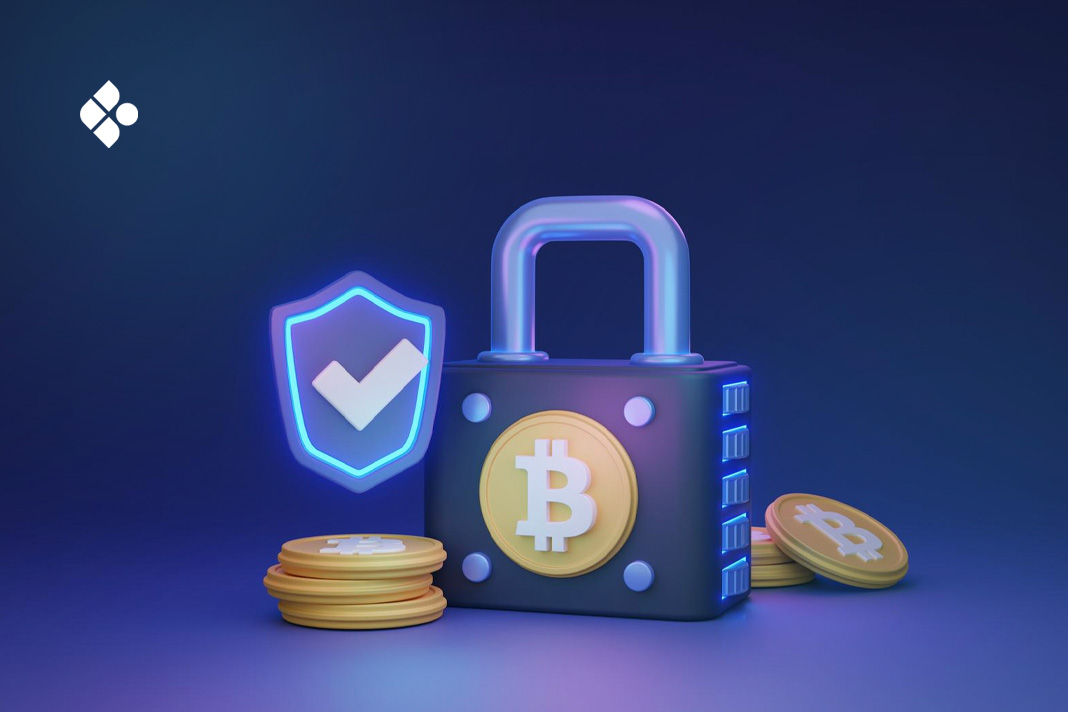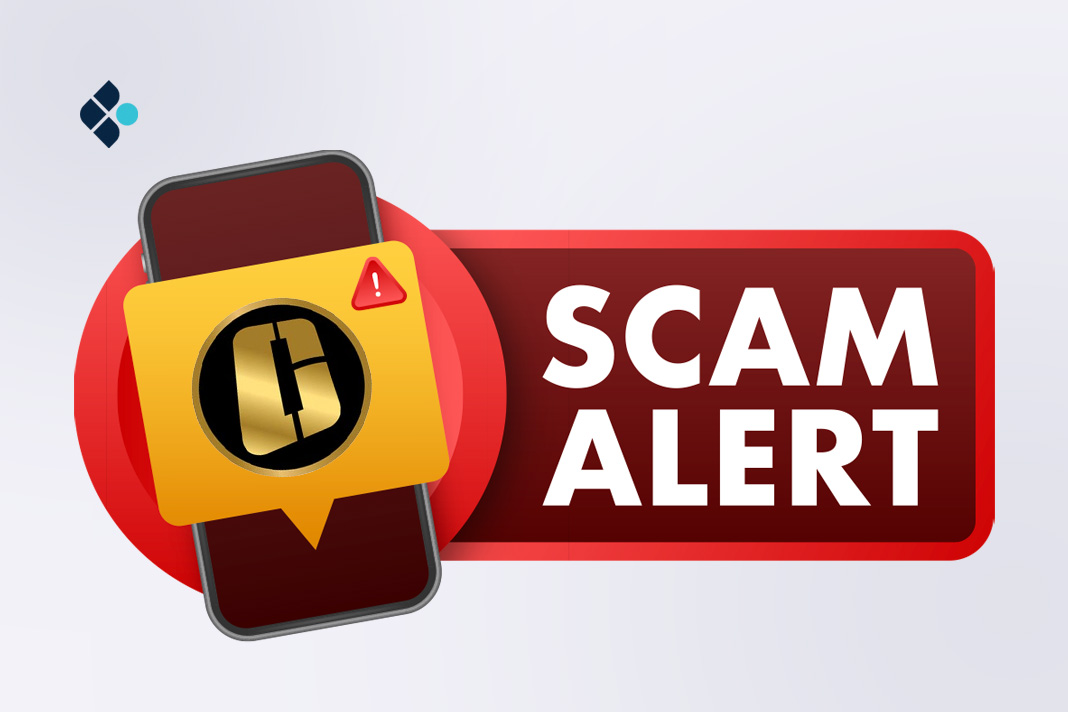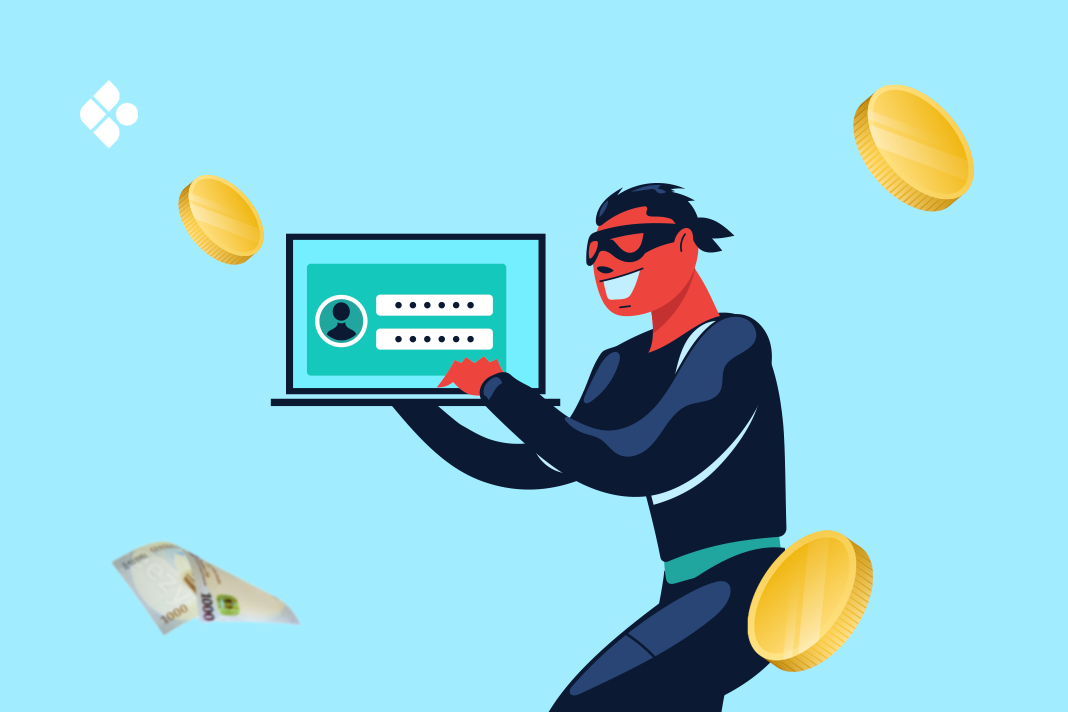As cryptocurrency goes mainstream, privacy concerns are more important than ever. Whether you want to keep your finances private or just prefer a little discretion, finding ways to sell Bitcoin anonymously is key.
Ever wondered how to cash out your Bitcoin without leaving a trail? In this post, we’ll explore several options guaranteed to keep you from the public eye when selling your Bitcoin on the blockchain. I’ll also give you tips to stay safe while protecting your privacy.
But first, let’s make a quick stop to understand why anonymity is important in the first place, shall we?
Understanding the Importance of Anonymity When Selling Bitcoin
Bitcoin gives you the control that central financial institutions don’t. As much as the benefits of this are mind-blowing, it also puts your security in your hands. So, opting to sell your Bitcoin anonymously can be one of the ways you keep safe. Here are a few benefits:
1. Identity protection: Selling your Bitcoin anonymously ensures that sharing personal information and data is avoided, limiting unauthorised access. This will protect you from identity theft that can implicate you.
2. Safety of financial information: When you choose to go anonymous when selling your Bitcoin, your transaction history does not go on public record. This would protect you from criminals who are looking to steal money.
Now, let’s move on to the ways you can sell your Bitcoin anonymously.
How to Sell Your Bitcoin Anonymously
These methods will help you conduct private Bitcoin transactions while maintaining security and minimising exposure on the blockchain:
1. Using a Virtual Private Network (VPN)
VPNs (either paid or free) are the perfect way to cash your Bitcoin anonymously. A virtual private network encrypts your internet traffic and passes it through to a server somewhere else. This hides your online activity, so it hides your Bitcoin transfers, too.
Some benefits you get from using a VPN to sell your Bitcoin are:
- There is no IP tracking; a VPN will mask your IP address and make it hard for anyone to track your Bitcoin transactions. This is helpful for identity protection and adds an additional layer of privacy when you come to sell Bitcoin, as you can imagine.
- Access to geo-restricted websites: You may want to use some exchanges that offer anonymity but find them inaccessible to your location. With a VPN, you can bypass this restriction and use your preferred exchange.
You can use free and paid VPNs, and some are ExpressVPN, NordVPN, and ProtonVPN.
2. Creating and Using Anonymous Wallets
Anonymous wallets, also called non-custodial wallets, are software wallets that do not ask for or use personal information. Your identity and transaction history are not connected to your wallet, which makes it difficult to track.
Some benefits of using anonymous wallets are:
- Enhanced privacy: You can keep your transactions private because you don’t provide personal information to gain access.
- Increased security: Anonymous wallets offer more security than custodial wallets because they don’t have third-party interference and control. Therefore, you have full control over your Bitcoin and private keys, vital to protecting your money.
- More flexibility: Anonymous wallets are not restrictive and work very well with various Bitcoin exchanges and marketplaces, so they expand your options when selling Bitcoin.
Some examples of anonymous wallets are Samourai Wallet, Electrum, Wasabi Wallet, and ZenGo.
3. Implementing Coin Mixing Services
Coin mixing services go by different names, including tumblers or mixers. They offer you improved privacy by letting you mix your Bitcoin with other users so that tracking becomes difficult. This service plays an important role in disconnecting your identity from your Bitcoin.
Here’s how coin-mixing services work:
- Deposit by sending your Bitcoin to the mixing service’s address.
- Then, the mixing service adds your Bitcoin to others in a pool. The service can use different techniques to mix coins, like the shuffle method or, at random, using cryptographic algorithms to mask their origin.
- Then, you get the equivalent amount of your Bitcoin to a new address.
4. Selling via Decentralized Exchanges (DEXs) like Bisq and LocalCryptos
Decentralized exchanges (DEXs) let you sell Bitcoin without revealing your identity because they don’t require KYC verification. Unlike regular exchanges, DEXs don’t have a middleman, making transactions more private and secure.
Bisq is a popular option. It is a peer-to-peer platform that helps users trade safely with features like encryption, security deposits, and multi-signature protection. For example, someone recently sold $5,000 worth of Bitcoin on Bisq while staying anonymous by using a VPN and managing their wallet properly.
LocalCryptos (formerly LocalEthereum) is another great choice. It allows users to buy and sell Bitcoin directly from each other using smart contracts for security. Unlike centralized exchanges, LocalCryptos doesn’t hold your funds, reducing the risk of hacks and data leaks.
If you want to sell Bitcoin privately, DEXs are a solid way to go.
5. Using Bitcoin ATMs Cautiously
Bitcoin ATMs also let you convert Bitcoin into cash but without necessarily verifying your identity (depending on the machine and location).
While Bitcoin ATMs offer convenience, be aware that transaction fees typically range from 5-10%, and daily limits may apply. Some machines may also require basic identity verification for larger transactions.
If you find a Bitcoin ATM that doesn’t require verification, it can be a great way to sell Bitcoin anonymously while minimizing exposure on the blockchain.
Best Security Practices When Selling Bitcoin Anonymously

- Use only strong passwords: In the digital landscape, passwords act as access keys, so make sure you use strong passwords for your VPN, anonymous wallet, or any other accounts you may use for Bitcoin transactions. Do not use names of family members or loved ones, names, or dates of birth.
- Beware of scams and phishing links: You could receive emails, messages, or suspicious links that look legit but are out to steal your private information and forward it to the scammer.
- Stay aware of Bitcoin security and privacy updates: You should get regular updates from reputable news outlets because things change quickly in the blockchain ecosystem.
- Don’t use the public internet for Bitcoin transactions: When you perform sensitive transactions, your information could be stolen from public WiFi, which is not as secure as private ones.
- Keep up with Bitcoin transaction checks: Request a bank statement from your banks, and do the same for your Bitcoin transactions. This will help you ensure that everything is as it should be and make it easier to spot suspicious transactions.
Frequently Asked Questions (FAQs) About How to Sell Your Bitcoin Anonymously
Are anonymous Bitcoin sales legal?
The legality of selling Bitcoin anonymously depends on your country’s laws. Of course, using privacy tools and anonymous wallets is legal here. Some state laws require KYC for crypto transactions. To be safe, check your local regulations before selling Bitcoin.
What are the safest methods for anonymous Bitcoin trading?
The safest methods for anonymous Bitcoin trading include:
- Using a VPN to hide your IP
- Anonymous wallets to separate identity from transactions
- Coin mixing to obscure Bitcoin origins, and DEXs for privacy without KYC.
How can I protect my privacy when selling Bitcoin?
Protect your privacy by using strong 2FA passwords, avoiding public Wi-Fi, staying updated on security, and verifying trading platforms.
Is Bitcoin 100% anonymous?
No, Bitcoin is not 100% anonymous, but rather pseudonymous. This means that its transactions are recorded on the public blockchain, which anyone can look up anytime. You can check out this blog post, where Bitcoin pseudonymity is discussed in greater detail.
Can Bitcoin transactions be traced?
Yes, Bitcoin transactions can be traced. Although Bitcoin is not as open access as traditional financial transactions, it lives on the Blockchain, meaning anyone can access it. Bitcoin transactions link to the addresses from which they originated, so it’s possible to track the owner of the address.
Conclusion
Online protection and privacy are vital, especially when dealing with a new technology like Bitcoin and the blockchain. Bitcoin already offers a layer of protection that traditional financial transactions don’t. But, if you desire complete anonymity, the methods listed in this post will help you achieve it.
But don’t forget to be on guard and take security measures very seriously while at it.
Stay safe out there!







